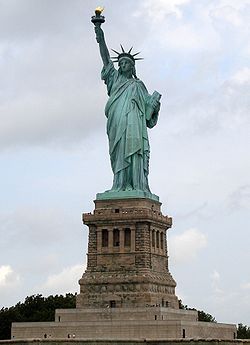Yesterday was a busy day here at NN11 in sunny, warm Minneapolis, MN. There are so many really interesting panels that choosing which to attend is tough. I’m also here in a different capacity than I was in Pittsburgh two years ago, I have two webs sites that I administer. I’ll talk about that later probably when I get back.
On of the outstanding panel I attended was with Jane Hamsher of FDL, John Aravosis of AMERICAblog, DADT, LGBT and Army veteran Lt. Dan Choi and Dream Act activist Felipe Matos. They discusses what progressives could do when the president is not into your issues and how to get the administration to take the lead. When the floor opened to questions, the first person to a approach the stage was a young an who said he was a member of Obama For America (OFA) who managed to cause an incident that has gotten quite a bit of attention from the internet and on-line news media:
Lt. Dan Choi, who was discharged from the military for running afoul of its anti-gay Don’t Ask, Don’t Tell policy, provided a visual when an Organizing for America volunteer stood up and asked him to support Obama in 2012. The man said he did not support gay marriage — “civil unions?” he offered weakly — and Choi promptly ripped up an Organizing for America flyer he had been given and threw it back in the man’s face.
I also had the pleasure and honor of saluting Lt. Choi and giving him a hug. Here’s is the video of the full panel which was quite a lively conversation



Recent Comments